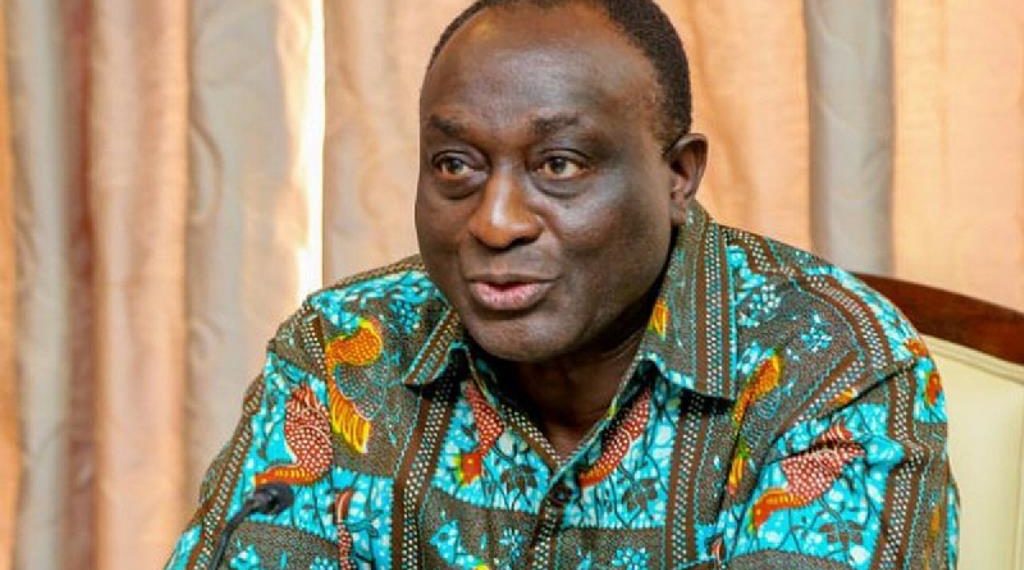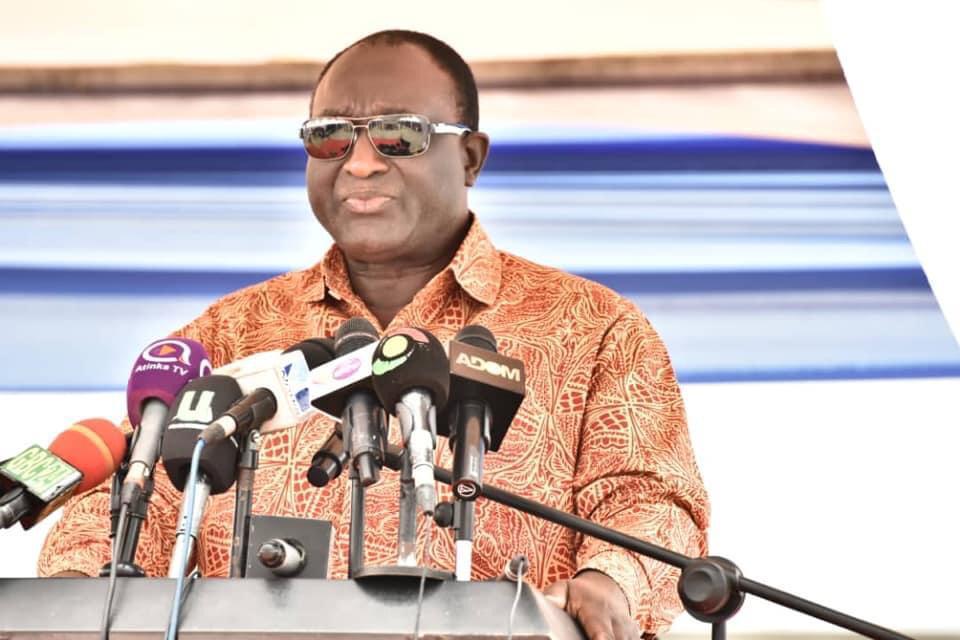
Trade and Industry Minister, Alan Kyerematen, has expressed that the answer to the country’s problems in the area of job creation is within harnessing the potential of industrialization and export.
According to him, a fundamental part of government’s industrial transformation agenda is the promotion of exports. Mr Kyerematen disclosed that the country is focusing on exports to help address one of the most critical challenges of job creation.
Speaking at the inauguration of a 13-member Board for the Ghana Export Promotion Authority, Mr Kyerematen charged members to pursue the export agenda to boost job creation.
“For us, the answer to our problem of creating jobs is to be able to industrialize and also export… If you look at the cumulative effect of the people turning up after school, nobody should tell you that as a country you need to identify the opportunities to put them into sustainable jobs. And we all know that the public sector cannot be the answer… This means, it is the private sector that provides the opportunities for job creation in the country”. (Mr Alan Kyerematen)
Mr Kyerematen noted that the achievement of countries with significant growth is embedded in their usage of industrialization and export development as one of the means of creating jobs.
The Trades Minister expounded the process of industrialization, which he indicated, means that once “you produce and the more extensive” your capacity to produce is, the more you are required to find a market for what you produce. As such, he noted that the “domestic market cannot be the solution”.
Exports from domestic markets
Mr Kyerematen noted that the requisite attention given to export is crucial as it will help the country to expand its productive capacity and find a market outside the domestic market.
The Trades Ministry developed the National Export Development Strategy, which intends to achieve an export value of $25 billion. Following this, the Ghana National Export Development Strategy (NEDS) envisages that over a duration of 10 years, Non-Traditional Exports (NTEs) will grow from $2.8 billion in 2020 to $25.3 billion in 2029.
Commenting on this, Mr Kyerematen revealed that the inability of the earnings of cocoa to go beyond “$2 billion has led to the ineffective sustainability” of the economy. He noted that the attainment of the target required careful planning and execution as the country moves to diversify its resource base and adds value.
“That is why this very ambitious target of achieving 25 billion US dollars export value is your first major task as an economy”. (Mr Alan Kyerematen)
The Trades Minister disclosed that the country has to move from the “primary commodities” to value-added ones. He explained that by adding value, the country will earn more from exports.
“It is only through exports that we can improve our foreign exchange earning capacity”. (Mr Alan Kyerematen)
Advising the Board, Mr Kyerematen urged them to encourage exports to enable the country take advantage of the many trade agreements it has signed onto. Such partnerships include the Ghana-EU Interim Economic Partnership Agreement.
“All these trade partnership agreements will be of no value to us if we are unable to export to these countries because we are allowing imports from these countries into ours”. (Mr Alan Kyerematen)
Source: thevaultznews















